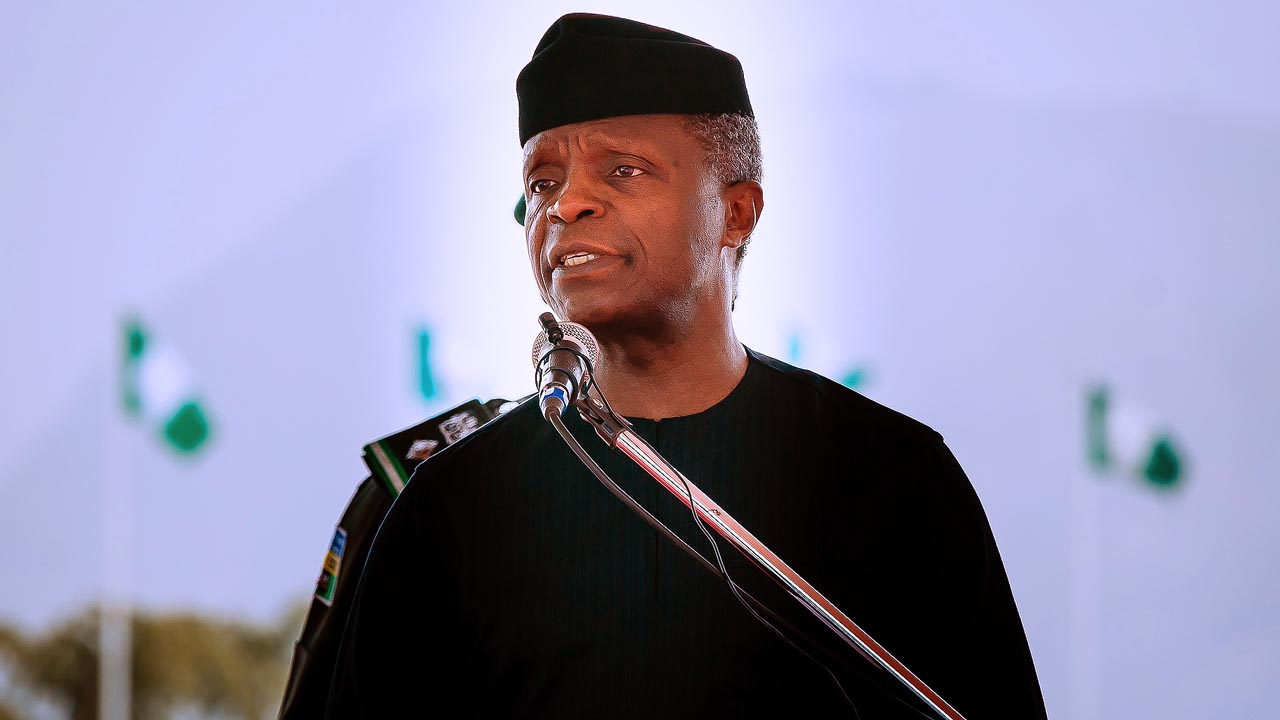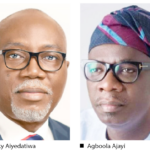Amidst monumental challenges posed by climate change, particularly energy transition and related issues, the coming decade anchored on the African Continental Free Trade Area (AfCFTA), offers great opportunities for Africa’s socio-economic transformation, according to Vice President Yemi Osinbajo, SAN.
Osinbajo stated this in a message delivered at the closing of the 2021 Conference of African Insurance Practitioners, themed “Rebuilding Africa’s Economy: An Insurance Perspective.”
Urging African insurance practitioners to leverage opportunities in the AfCFTA, the Vice President said, “Every smart economic grouping, whether governments or businesses, must be thinking, planning and strategizing for these new times.
“The free trade agreement presents a major opportunity for African countries. By some estimates, if we get it right, we can bring several millions out of extreme poverty and raise the incomes of 68 million others who live on less than $5.50 per day. There are potential income gains of up to $450 billion, and just cutting red tape and simplifying customs procedures alone could drive up to $250billion of that sum.
“So, what does all this mean for the insurance industry in Africa? Well, plenty of opportunities. More trade in goods will mean greater need for insurance services, brokers, in particular, should expect a boom; demand for trade facilitation services will rise, but obviously companies that already have market presence in other African countries, even if by collaboration, will benefit more than others.”
Continuing, the VP noted that “we can expect to see more well capitalized insurance providers from other African countries coming to compete in the Nigerian market. And we shouldn’t be surprised if this happens quickly.
“Services can be set up faster than manufacturing plants. Nigerian financial services companies, especially banks, are already in many African Countries, the likes of Zenith, Access, UBA. How about Insurance companies? We should now be looking at developing homegrown international African insurance conglomerates. The time is now.”
On the issue of climate change, Osinbajo probed, “how is the African insurance industry preparing for the interesting days ahead?”
Referencing a Mackenzie podcast transcript, the VP said, “It was quite eye-opening. While there will obviously be opportunities for new insurance products and solutions, especially in the property and casualty segment of the business, insurance companies must also be prepared for the systemic nature of climate induced damage, with the possibilities of market failures and more system-wide destabilization.
“Here in Nigeria, the growing intensity of flooding and damage to vast agricultural acreages might have a knock-on effect on other areas of the economy. Further slumps in the economy is bad for everyone, even insurers.”

 Join Daily Trust WhatsApp Community For Quick Access To News and Happenings Around You.
Join Daily Trust WhatsApp Community For Quick Access To News and Happenings Around You.


